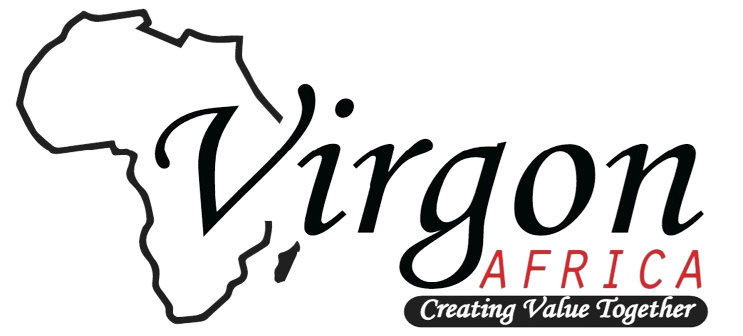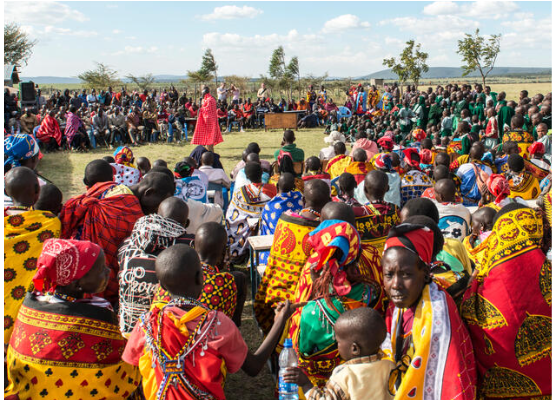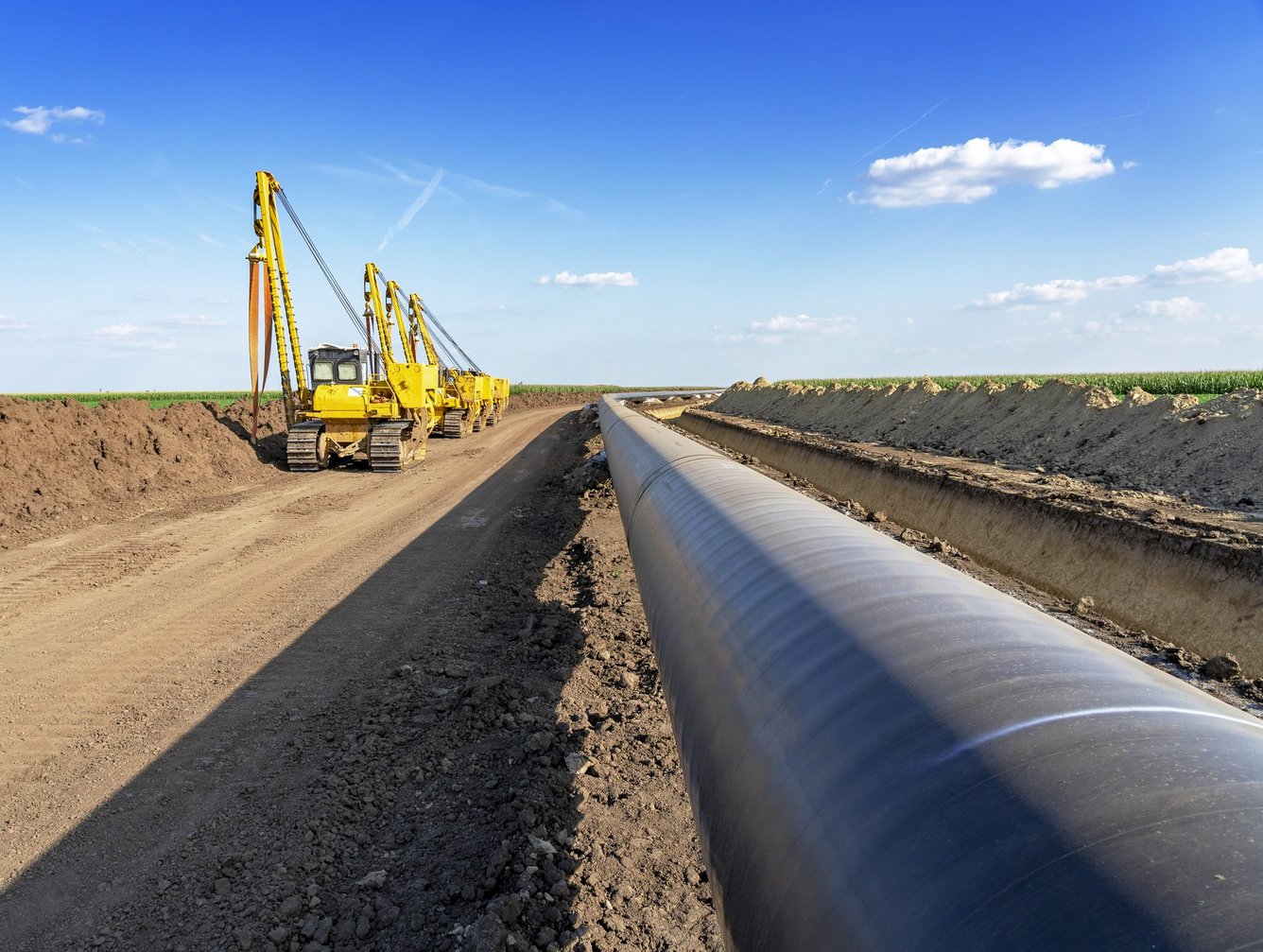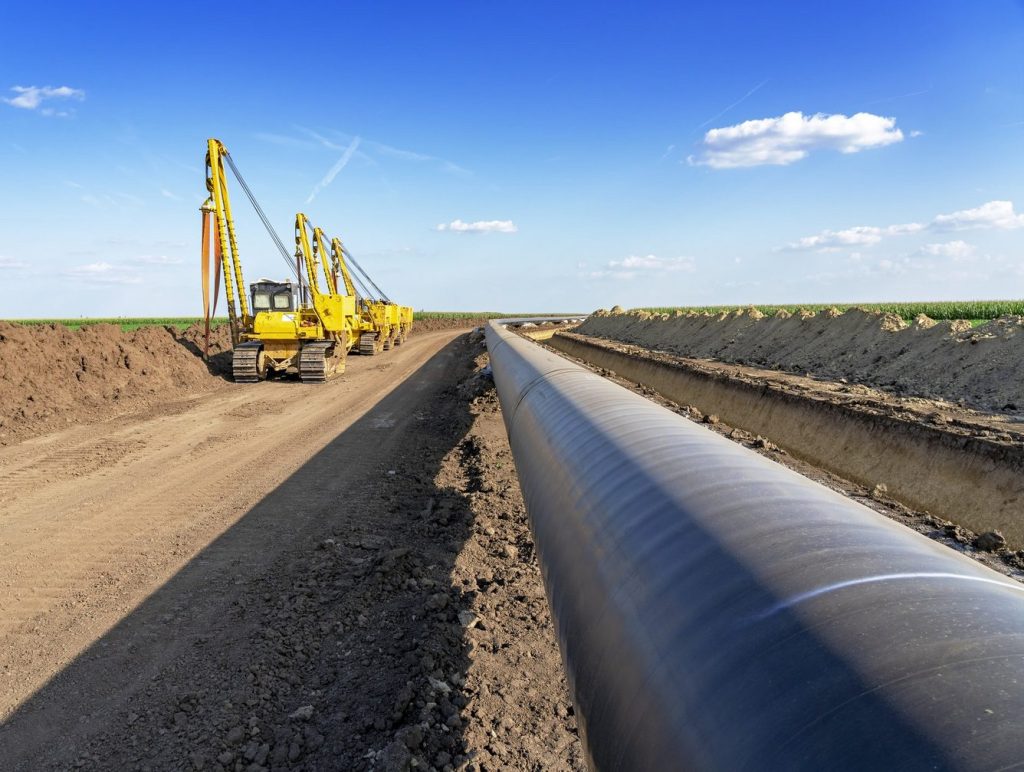Virgon Africa is experienced in applying the essential safeguard policies of governments and international funding organizations to protect people and their environment from undue impact during the implementation of development interventions, including infrastructure projects. Virgon Africa boasts of a diverse team of experts in environmental safeguard considerations such as biodiversity, water, air, noise and soil pollution. Our social scientists are similarly versed in issues such as resettlement, livelihood security, gender equity, and protection of indigenous peoples and ethnic minorities. Our specialized environmental and social safeguards services the following:





